Helping African farmers combat climate change and feed a continent
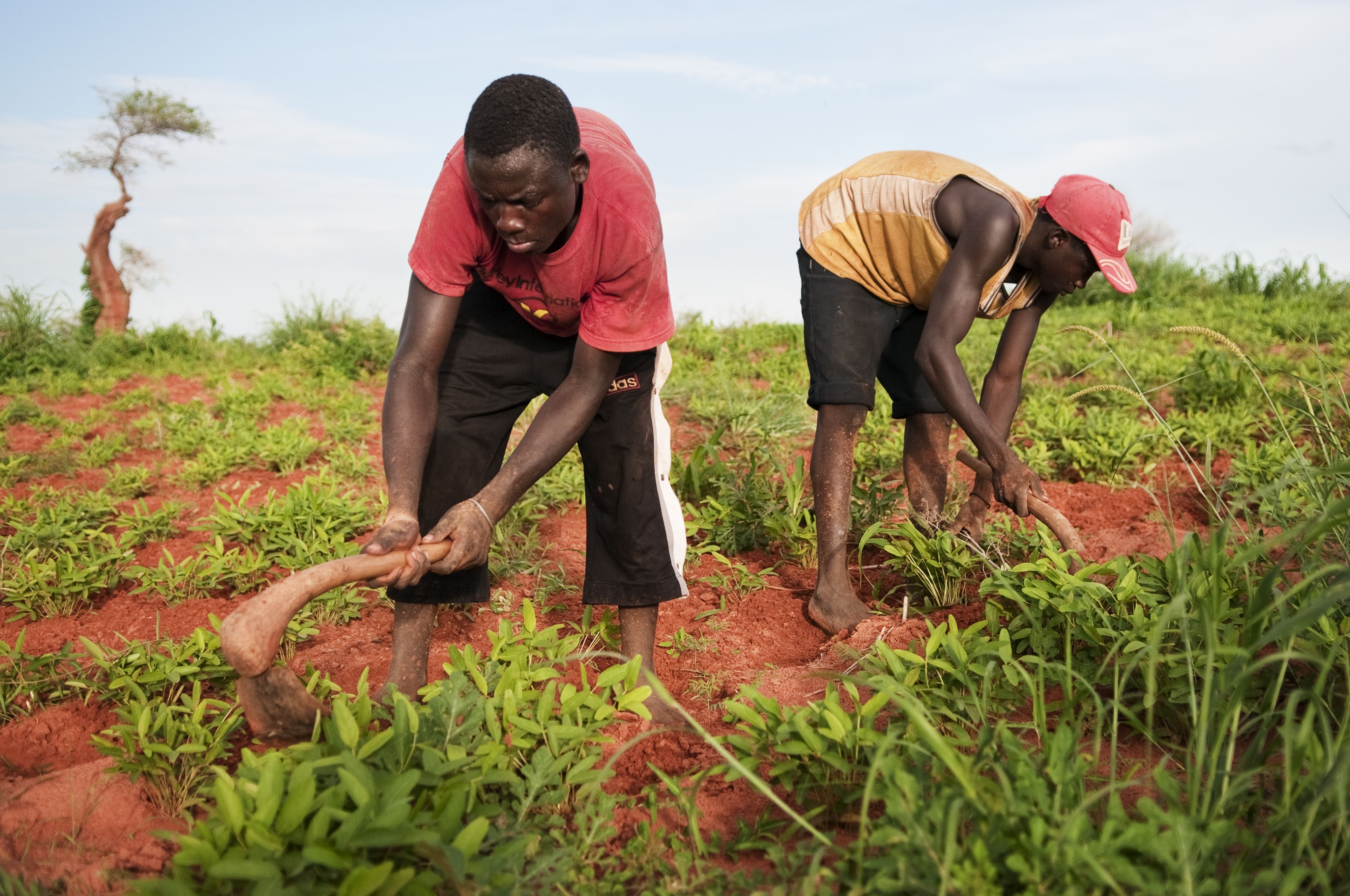
With warming temperatures exceeding the global average, Africa is extremely vulnerable to climate extremes like drought and floods. Coupled with a rapidly expanding population projected to reach 2.5 billion by 2050, these factors can have a severe impact on agricultural production and food availability.
Already, more than 300 million Africans – roughly equivalent to the population of the United States – are going hungry every day. Climate change is expected to thrust an additional 78 million people into chronic hunger by 2050, over half of them in sub-Saharan Africa. As such, African nations must boost food production to keep pace with demand.
Focusing on smallholders
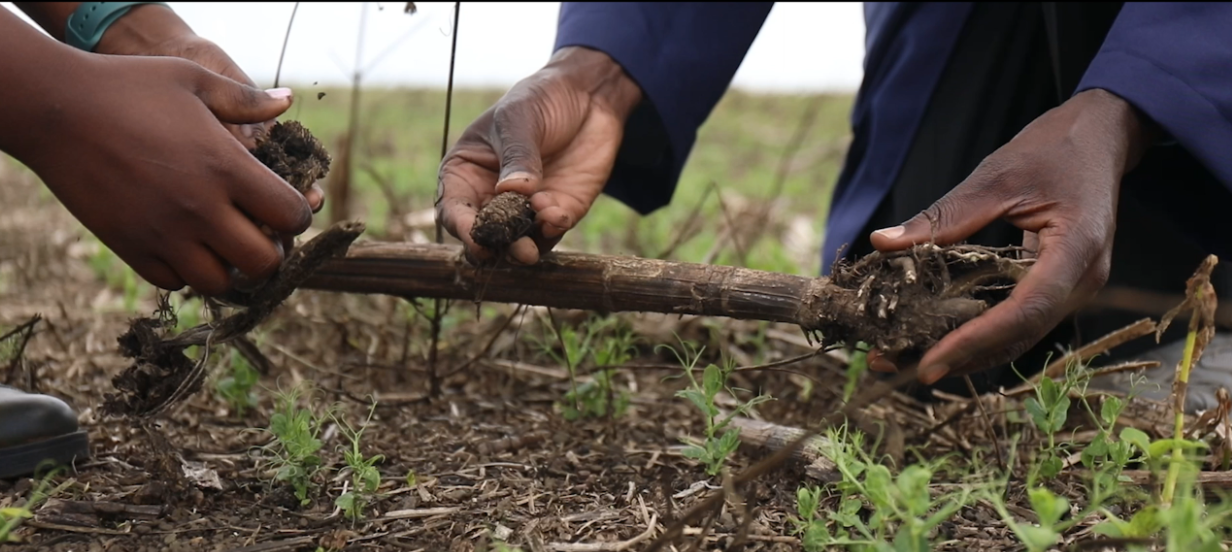
“Our priority is to bring innovation to underserved agricultural areas in Africa. This means providing farmers greater access to technology, by introducing hybrids for example, and collaborating with local partners and communities, so that they can produce more resilient crops,” said Jason Allerding, Syngenta Seeds Global Head of Sustainability, Health, Safety and Risk Management.
Allerding, who recently chaired the Environmental and Social Responsibility Coordination Group at the International Seed Federation’s annual World Seed Congress in Cape Town, South Africa, also highlighted the pivotal role of smallholders, who constitute the majority of farmers in Africa with more than 33 million falling in this category. More than 60% of these farms span less than an acre.
Safeguarding the continent's future food security will require empowering smallholder farmers with access to quality seeds and innovative technologies that bolster productivity, make crops resistant to the effects of climate change and threats from disease and pests, and help curb emissions. A heightened awareness about sustainable production methods, like regenerative agriculture practices, is also essential.
Innovating sustainable practices

Situated on the south-western coast of South Africa, the Western Cape province had its worst drought in more than a century between 2015-17. With a farming community heavily reliant on rainfall, the region is particularly vulnerable to the impact of climate change.
Growing has been traditionally harder in the arid, sandy soil of the region. To add to farmers’ worries, climate change has made the environment unpredictable and the Ukraine conflict increased fertilizer prices amidst supply shortages, making farming less profitable.
To help farmers better manage this situation, the Syngenta Vegetable Seeds team is involved in a unique project to build farmers’ capacity. As part of the Sustainable Agriculture in South Africa (SASA) project, Syngenta is working with local farmers to ensure the soil becomes healthier, retains more organic matter, and has higher biodiversity.
“Every 1% rise in organic matter keeps 160,000 liters per hectare of water in the soil, ultimately resulting in higher availability of nutrients and less reliance on fertilizers,” said Dr Jeroen Hoffer, Senior Seed Scientist, Vegetable Seed Production, Syngenta. In partnership with Stellenbosch University and the University of Cape Town, Syngenta is conducting trials with local farmers on three regenerative agriculture practices — low tilling, crop rotation and optimal use of crop protection products. The project is now in its third year of a six-year run. “Improving the soil takes time,” Hoffer said.
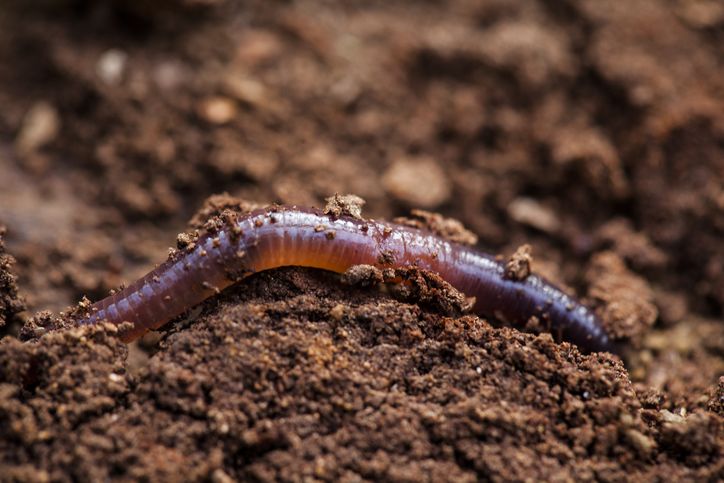
Example of healthy soil with higher biodiversity
Example of healthy soil with higher biodiversity
Producing more with less
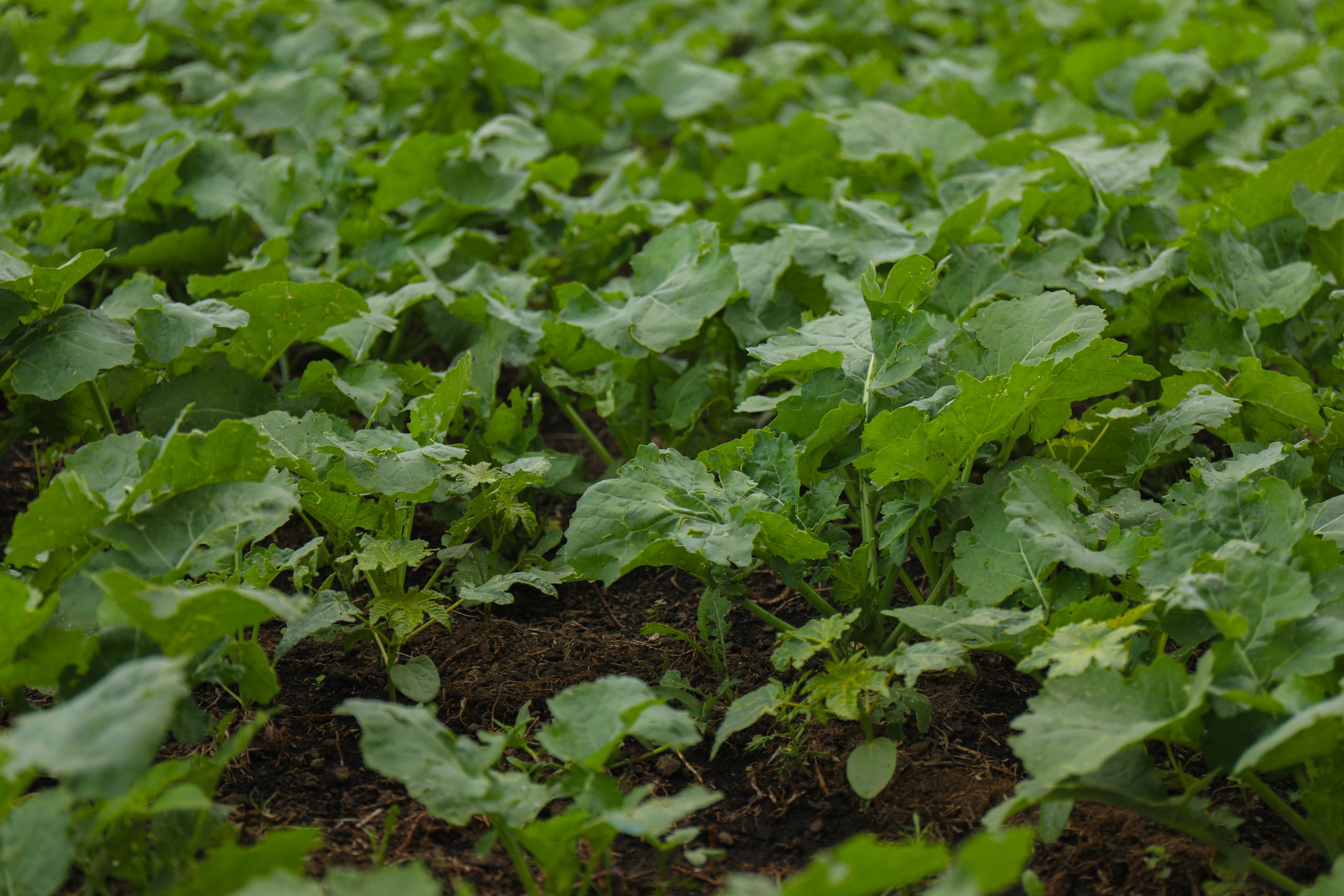
The sandy and silty soil has been challenging to work with. “When you water the fields, some of it evaporates instantly and a portion seeps below the plant roots, rendering it inaccessible,” Hoffer said. Furthermore, farmers were using their fields only for a few months for growing seeds, leaving the soil parched and vulnerable to erosion for the rest of the year.
Syngenta’s agronomists worked with farmers to cover the fields with mulch, which helped the soil retain moisture and deterred pests. They used green manure crops to add nutrients and organic matter to the soil, making it more resistant to erosion. In consultation with experts at Stellenbosch University, Syngenta helped farmers determine the most suitable crops for rotation and green manure through the region’s dry summers and wet winters.
Growing crops such as tomatoes, melons and squash will provide additional food and income to the farmers while keeping the soil protected. “In the next 2-3 years, farmers may realize that they can produce more with less inputs using regenerative agriculture. More than a scientific trial, this is a powerful learning experience for farmers and for us,” Hoffer said.
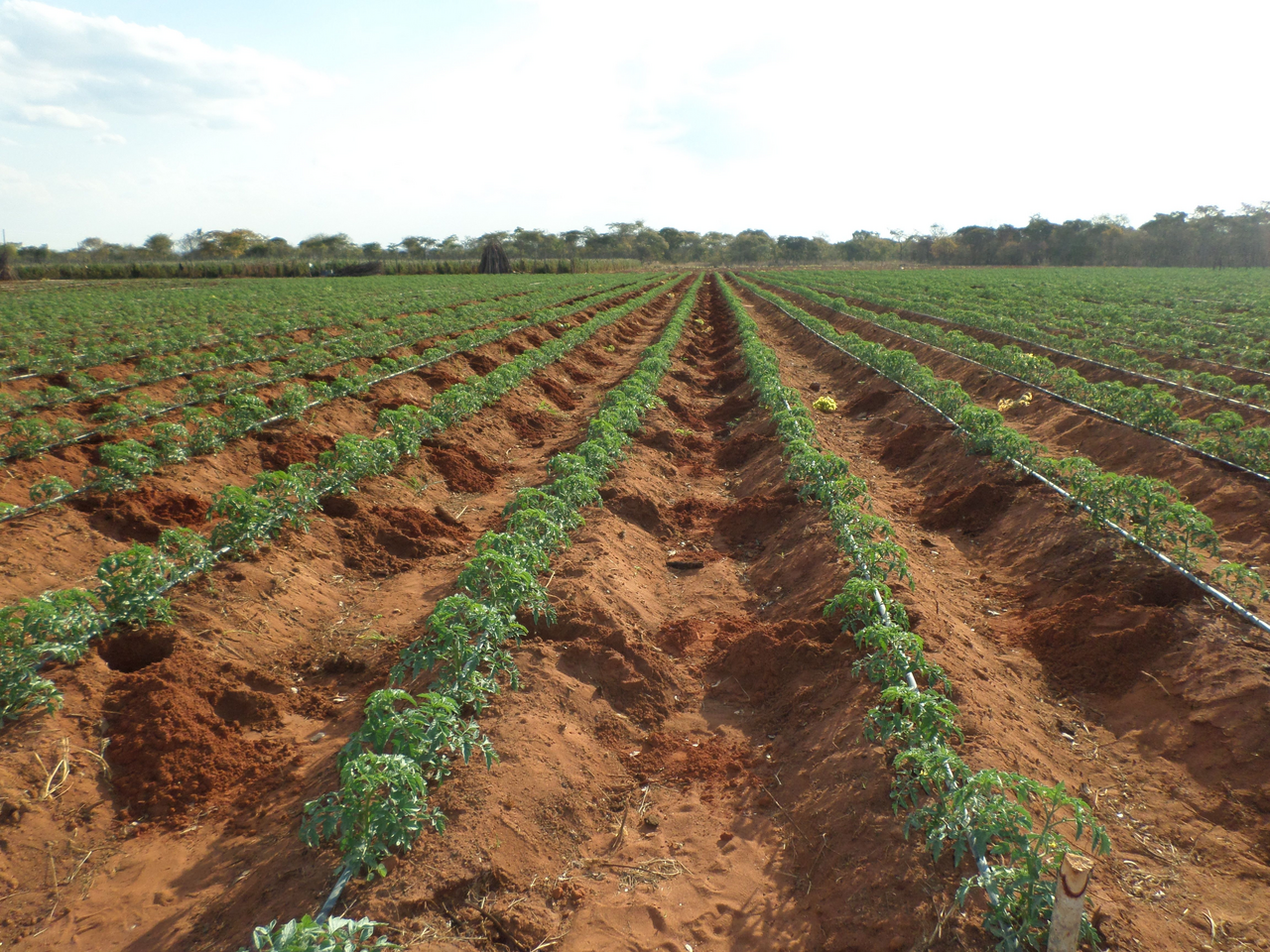
Tomato field in Zambia
Tomato field in Zambia
Helping farmers make the next leap

The Syngenta Foundation for Sustainable Agriculture (SFSA) has been instrumental in facilitating farmers' transformation into agri-entrepreneurs at the village and community levels. "Our hub-and-spoke model positions farmers at the core of our initiative, providing them with access to best practices, soil testing resources, and affordable inputs for soil health, plowing and harvesting. We are helping farmers sell at scale and build a sustainable business," said Tony Gathungu, Global Head of Seeds2B at SFSA.
In Tanzania, Syngenta's collaboration with the Tanzanian Agriculture Research Institute (TARI) on a Modern Agricultural Platform (MAP) has seen rice yields doubling in just a single season. MAP centers guide farmers through the process of modernizing their farms sustainably and supplies them with the technology to enable this change.
With plans to triple outputs by 2025, the potential for this approach, when implemented widely, can ensure food security for a growing population. Syngenta’s team is exploring setting up the first MAP center in Africa based on the promising leap in productivity seen in the trial.
Syngenta’s successful collaboration with farmers in Africa centers around a farmer-first ethos. “Our work is aimed at understanding what is beneficial to farmers in the area and collaborating for their progress. Ultimately, our success depends entirely on their success in combating the impacts of climate change and increasing production to meet the nutritional needs of a growing population,” Allerding said.
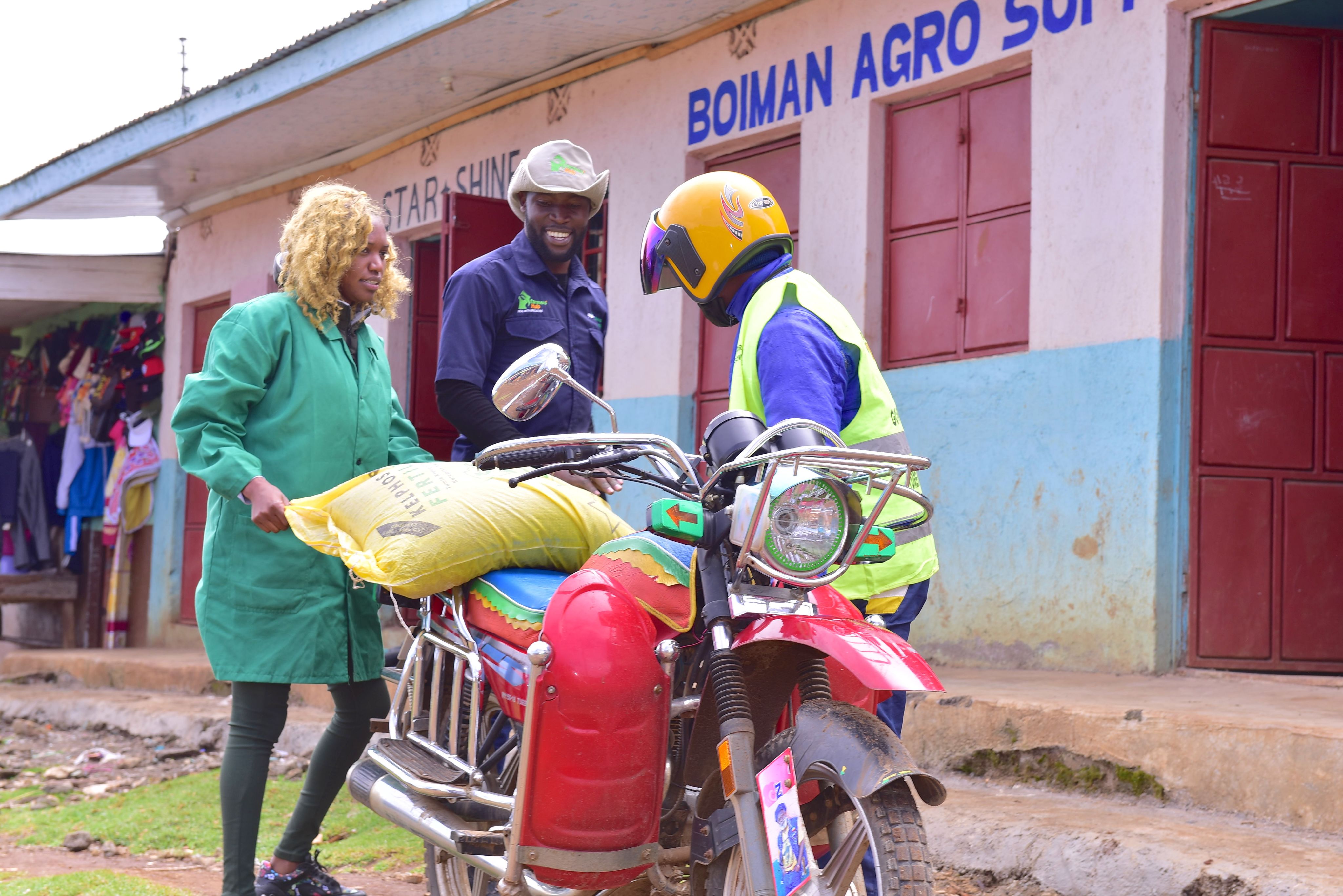
Farmer's hub provides farmers with access to best practices and affordable resources
Farmer's hub provides farmers with access to best practices and affordable resources
Read More About Farmer's Perspective
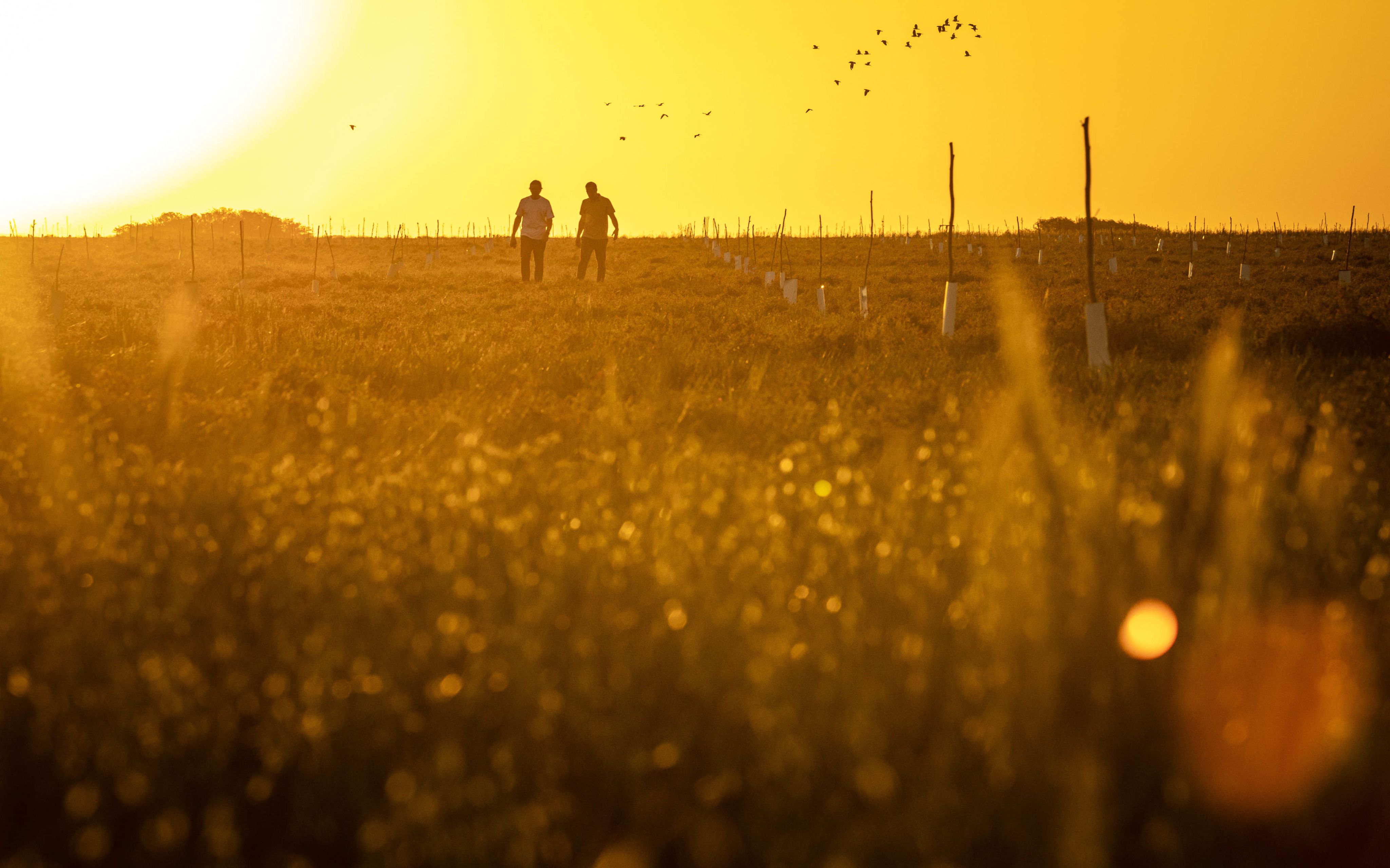
Drought In Argentina
The farmers committed to Regenerative Agriculture to protect soil and harvests
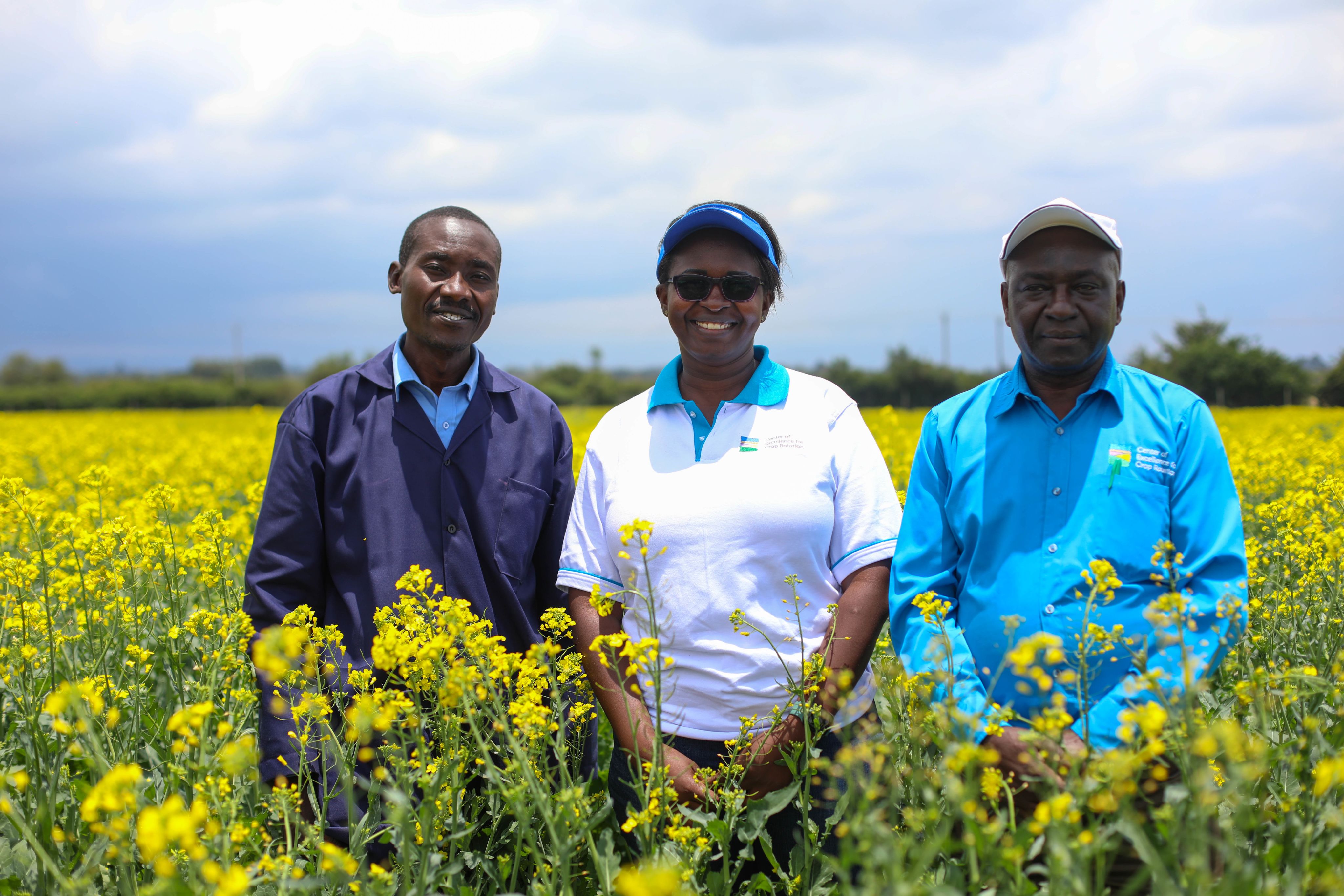
Kenyan Farmers Boost Yields And Sustainability
Amid ravages of climate change and rising food insecurity, farmers see promise in no-till agriculture, crop rotation and other RA practices.

